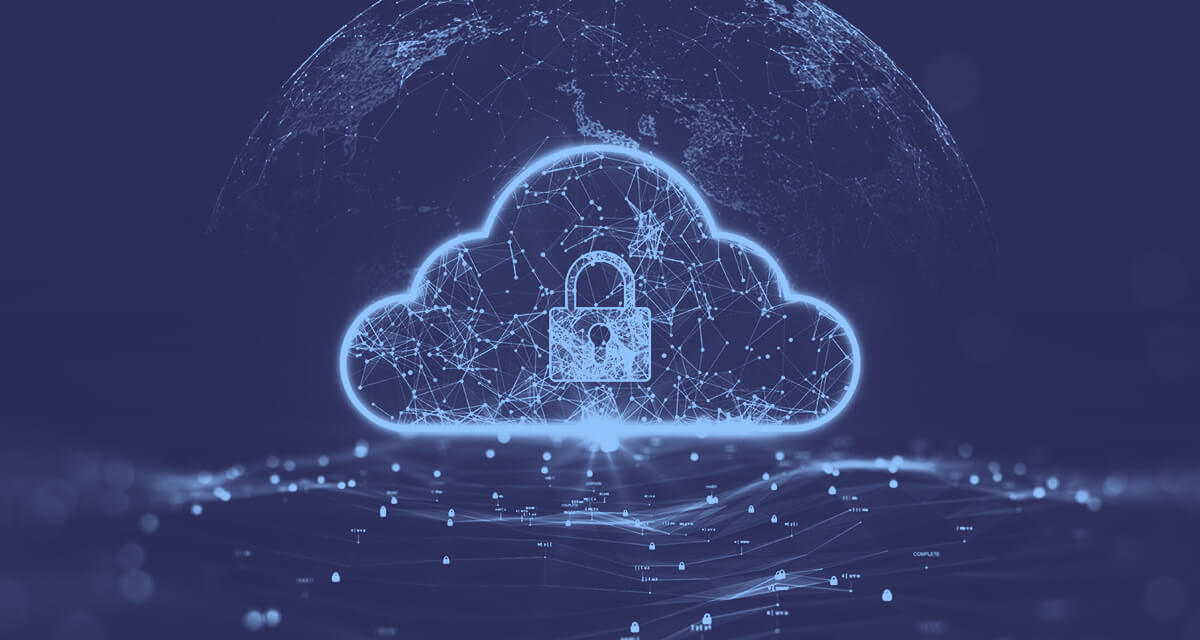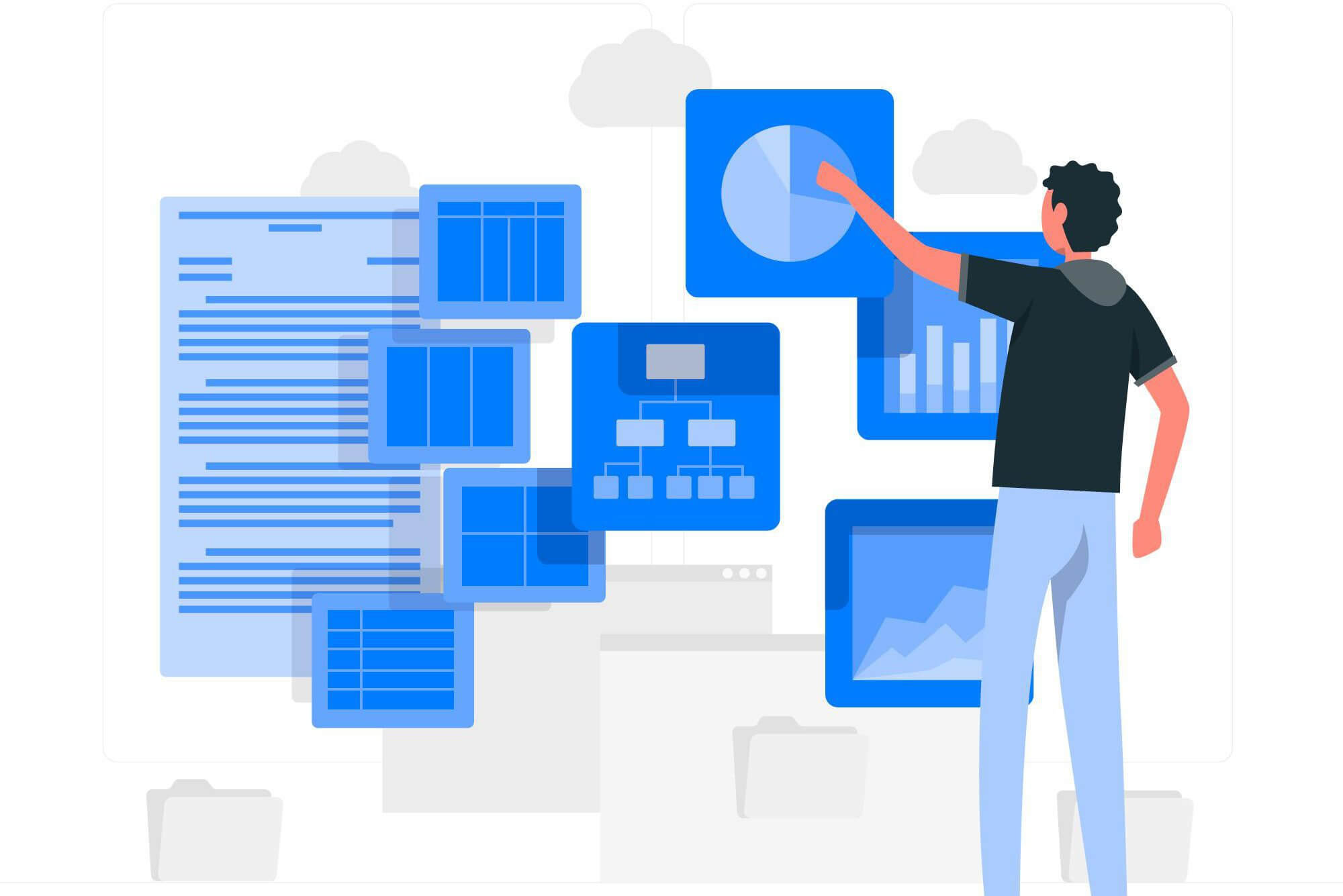Office 365 security is essential for safeguarding the data and resources of an organization. Office 365 provides a secure, enterprise-level platform for organizations to safely store and share their data. Moreover, Office 365 security features keep organizations safe from malicious cyber threats, secure user identities, and control sensitive data.
This article will discuss the various Office 365 security features available and how they can help organizations safeguard their data.
What Is Office 365 Security?
M365 Security refers to the safety of your Office 365 account and data. Although Office 365 is a very secure platform, there are still some risks that you need to be aware of. For example, phishing crimes are a common way for hackers to access Office 365 accounts.
These attacks involve sending fake emails that look like they come from Office 365. The email will usually contain a link or attachment that, when clicked, will install malware on your computer or steal your Office 365 login credentials.
Risks Of Microsoft Office 365: How to Protect Your Business
With the ubiquity of Office 365, more businesses are using the cloud-based productivity suite than ever. While Office 365 brings many benefits to businesses, including increased flexibility and collaboration, it also comes with risks. Here are five of the most common security risks associated with Office 365 and what you can do to avoid them in the remote workforce:
Phishing Attacks
One of the most common risks associated with Office 365 is phishing assault. It is a type of cyberattack in which attackers send emails that appear to be from a trusted source to trick users into clicking on malicious links or attachments. These attacks can lead to serious consequences, such as malware infections.
To get solutions for protecting your business from phishing attempts, educating your employees about the dangers of clicking on links and attachments from unknown sources is important. You should also consider using a reputable email safety solution that can detect and block it.
Malware Delivery
Another common issue associated with Office 365 is malware delivery. Malware is malicious software that can infect your system and cause serious damage. It can be delivered via email attachments or links, making Microsoft Office 365 users especially vulnerable. To save your business from malware delivery, you should train your employees not to open email attachments or click on links from unknown sources.
Business Email Compromise
A third common security risk associated with Office 365 is business email compromise (BEC). BEC occurs when attackers attack a business’s email account and use it to send fraudulent emails in an attempt to trick employees or customers into sending money or sharing sensitive information. The remote workforce should take action against BEC attacks; you should consider using two-factor authentication for all email accounts.
Data Breaches
A fourth common risk is data breaches. This occurs when attackers access confidential information, such as customer information or employee records. They can occur through malware infections or business email compromise schemes.
To get out of such situations, the organization should encrypt all sensitive data stored in Office 365. You should also implement strict access controls so only authorized users can view or modify information.
Cloud Misconfiguration
Another issue associated with Office 365 is cloud misconfiguration. Cloud misconfiguration occurs when businesses fail to properly configure their cloud-based applications and systems, leaving them open to attack. Many organizations regularly review your configurations and make necessary cyber security changes.
Securing Your Business With Office 365 Security Best Practices
As a business owner, you know that safeguarding your company’s personal details is essential to protecting your bottom line. Luckily, it provides robust security features to help you keep your data safe from cyberattacks especially in remote work. By following these security best practices, you can rest assured that your remote work is well-protected:
Employee Awareness Programs
One of the best ways to reduce the risk of a cyberattack in an organization is to educate your employees about cybersecurity threats. Ensure your employees know the dangers of phishing scams and other common attack vectors.
Additionally, please provide them with resources to help them stay up to date on the latest security threats. Educating your employees about cybersecurity can greatly reduce the risk of a successful attack.
ML-Based Phishing Prevention
Office 365 includes built-in phishing protection, one of the security best practices that use machine learning algorithms to detect and block malicious emails. This feature is highly effective at preventing phishing attacks, so take advantage of it.
Anti-Malware Defenses
Another great security feature of Office 365 is its built-in anti-malware protection. This feature blocks malicious software and infected attachments from being downloaded or executed on your devices. Additionally, it periodically scans your devices for malware and removes any infected files.
Outbound Data Protection
One often overlooked security practice is outbound data protection. This involves preventing sensitive data from leaving your network without proper encryption. Encrypting all outbound traffic ensures that your particulars remain safe even if it falls into the wrong hands.
Complete Attack Vector Coverage
To fully secure your business from cyberattacks, you need a comprehensive cyber security solution that covers all potential attack vectors. Office 365 provides just such a solution with its advanced threat protection features.
These features provide comprehensive protection against email-, web-, and network-based attacks. Additionally, they offer real-time monitoring and reporting to help you quickly identify and respond to threats.
FAQs
Does Office 365 Have Security?
Microsoft 365 for business plans is designed with your company’s protection needs in mind. It offers anti-phishing, spam protection, and malware-blocking features that protect your organization from cyber attacks.
With Business Premium included with every license purchase, there’s no need to worry about data loss or hackers trying to take advantage of malicious files. At the same time, they can still be stopped easily enough by these cutting-edge technologies provided by Microsoft teams.
Is Office 365 A Security Risk?
On the one hand, Office 365 includes several guarding features, such as data encryption and two-factor authentication. On the other hand, there have been some high-profile breaches involving Office 365 accounts.
However, it is important to note that no system solutions are 100% secure, and even the most well-observed accounts can be vulnerable to attack. As such, companies should always take steps to secure their information, regardless of the platform they are using.
Is Microsoft 365 Secure Enough?
Regarding security services, Office 365 is one of the most trusted solutions in the business. It is so secure that businesses and organizations often use it.
However, no platform is perfect, and there are always potential risks. That being said, Microsoft Office 365 is as close to perfect as it gets, and it is more than secure enough for organizations or individuals.
Summing Up!
Office 365 offers several security services, such as encryption and two-factor authentication, making it one of the most secure platforms. While no platform is perfect, and there are always potential risks, office 365 is a great choice for many organizations looking to safeguard their information.






